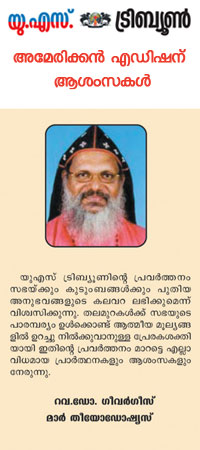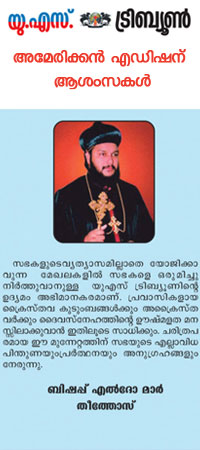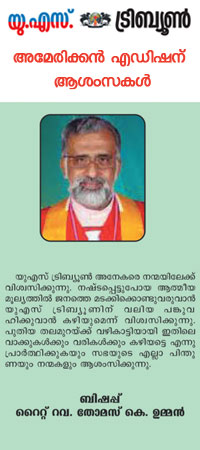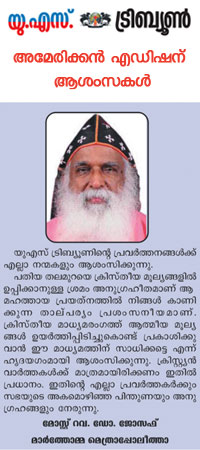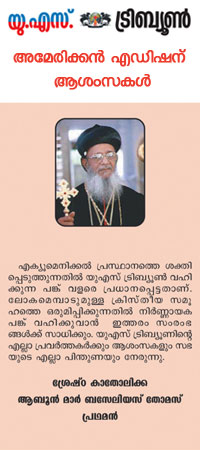Dealing with Hidden Sin
Sin is a reality with which we all must live. No one can escape the struggles we have with rebelling against God’s call on our lives (cf. Romans 3:10-23). However, it is possible to choose whether one will vigorously fight the battle that wages against the flesh or not. The battle can be overwhelming, but it does not have to result in demoralizing defeat.
One, among many, devastating strategies of Satan, which is fed by our own shame, is to fight, or rather retreat, in silence. From the very beginning, sin resulted in hiding and shame as Adam and Eve hid from one another by covering themselves (cf. Genesis 3:7) and from the presence of the Lord in the garden by crouching among the trees (cf. Genesis 3:8). A similar type of “hiding” is also evidenced in the refusal to own the sin when confronted. What do Adam and Eve do when confronted? They blame-shift in order to direct the attention of the Lord away from self. They do not want to be “seen” in their sin so they justify it. The belief seems to be that, if the eyes of the Lord shift to the other and away from themselves, they can remain hidden. In either case the sin is avoided, hidden away, and not dealt with in an honest manner. Our natural tendency is to not deal with sin. Out of sight… out of mind… or is it?
The beauty of the cross is that we are clearly judged to be “sinners” but given a new identity as “redeemed,” “children of God,” and “joint heirs with Jesus Christ.” We do not have to hide our sin or justify it because Jesus has paid the penalty for us, bringing us undeserved forgiveness. He “hides our sin” as far as the east is from the west, and he justifies us by his shed blood. However, until we reach heaven, we, the “redeemed,” wrestle with the realities of that old flesh (cf. Romans 7). It does no good to be pretentious about our sin. It is useless to pretend that we are better than we are. I would rarely advocate “wearing” our sin “on our sleeve,” but it is futile to deny it or pretend it does not exist.
A good example of the futility of denying the reality of sin in our lives is King David in 2 Samuel 11, Psalms 32, andPsalms 51. In these passages, we find:
Let’s look at each of these passages more closely to see if there is any help found in King David’s experience.
2 Samuel 11-12
In 2 Samuel 11, King David hides his sin so that it is not exposed. It is clear that a major point of this story is that hiding sins leads simply to more sin. He executes two plans, which involve even more sin, to keep his sin hidden:
Plan #1: King David brings Uriah home to give him a report on the war. He throws him a party, gets him drunk, and hopes that he will have intercourse with Bathsheba, offering a cover-up for her pregnancy. The lies, manipulation, and impact on the armed forces who remain in battle without one of their leaders is obvious. Plan fails.
Plan #2: King David puts Uriah on the front line so that he will be killed in the intensity of battle. The disregard for human life in order to keep his sin hidden is again obvious. Plan succeeds.
It is important to note the plans King David is willing to pursue in order to keep his sin from being exposed. It takes all of his energies, and the one sin multiplies itself into more sin. If it were not exposed by Nathan, the multiplying of sin might continue on for years.












